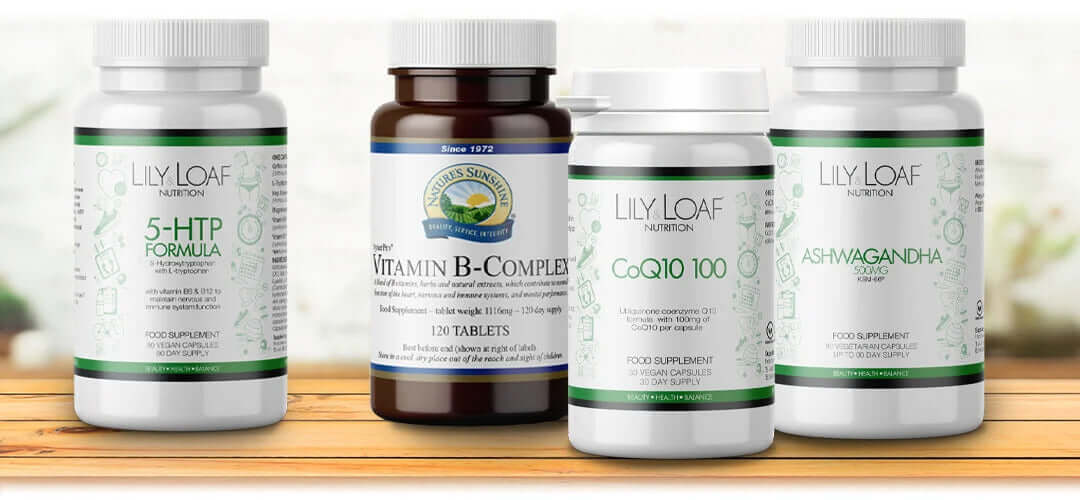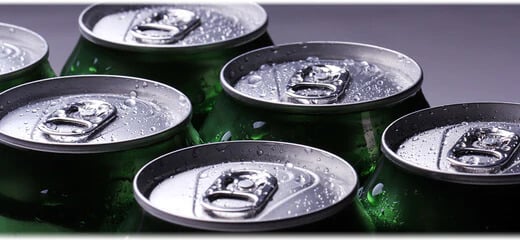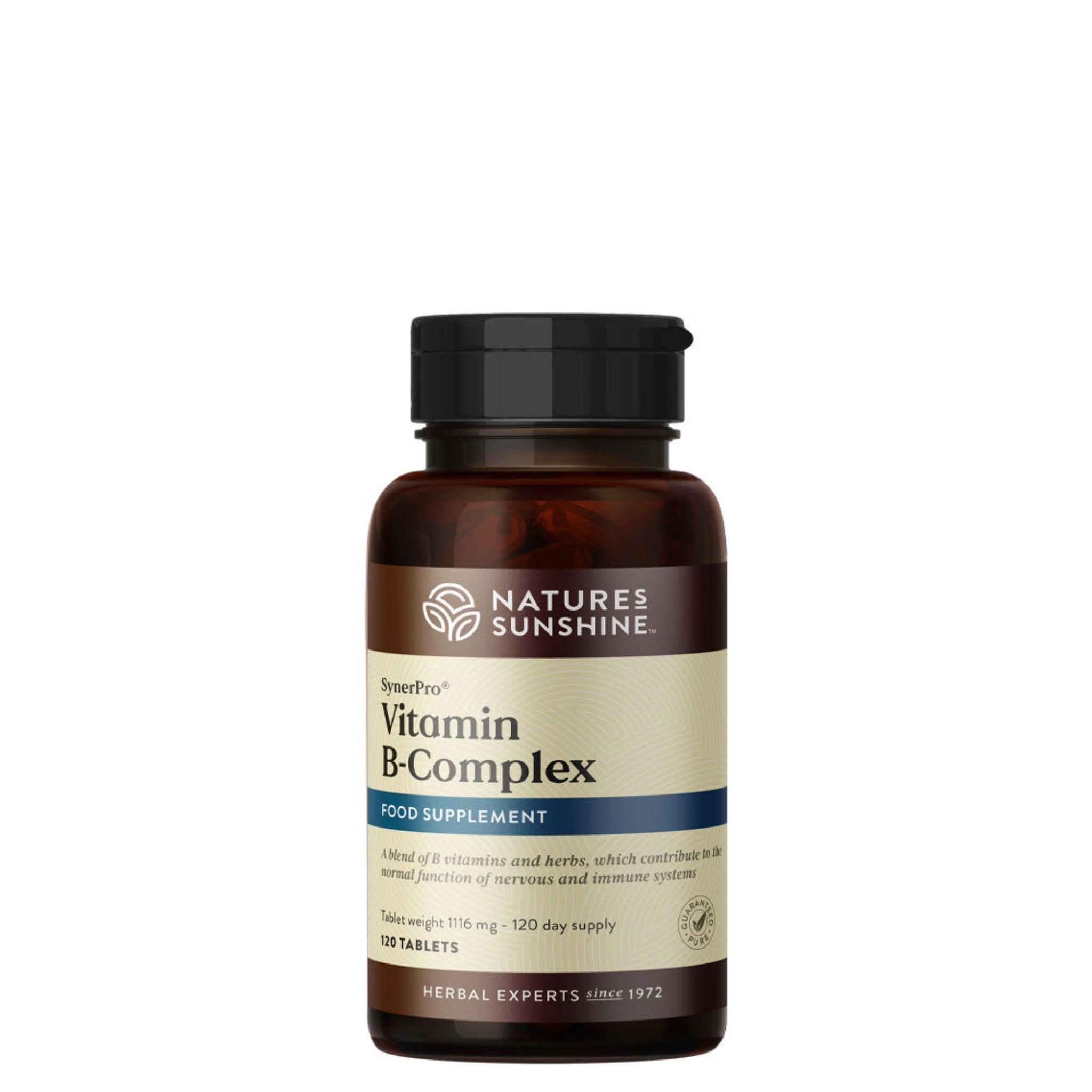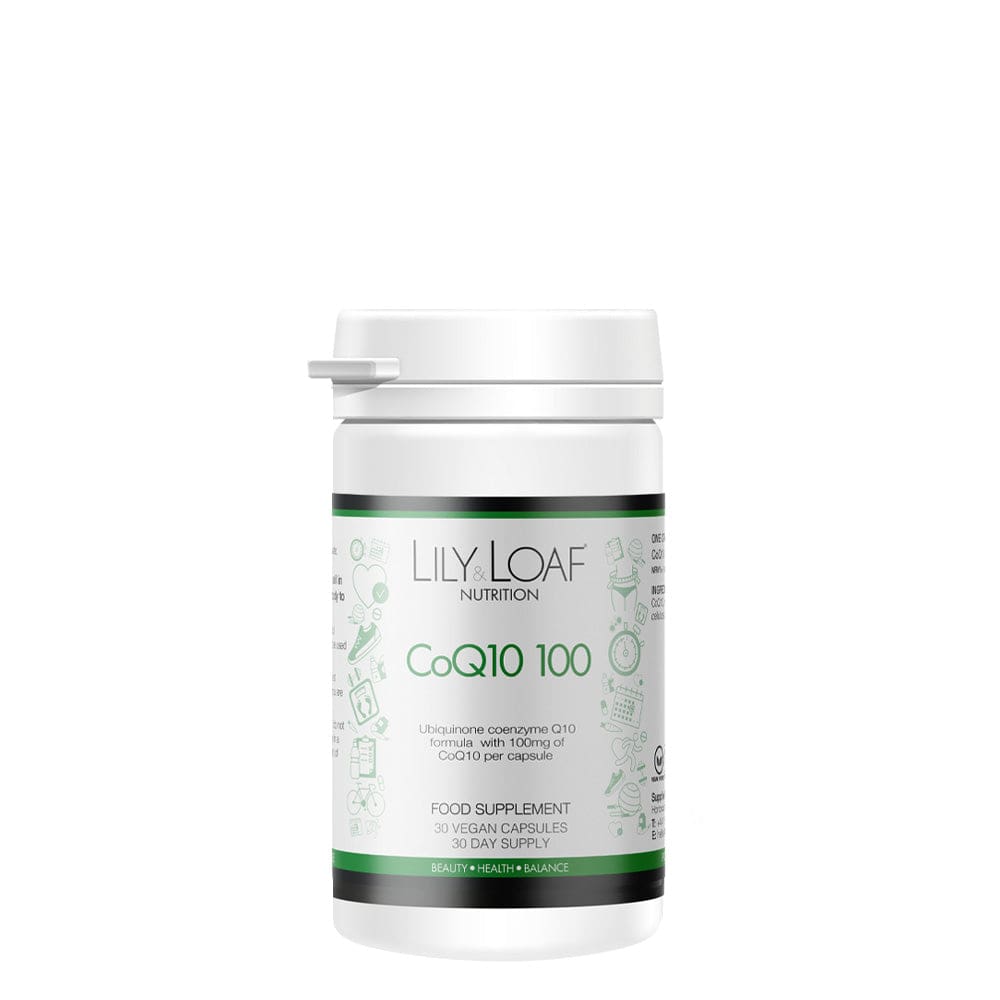
Do you ever feel like you’re running on empty? If so, you’re not alone.
It can be hard to stay energised and productive in today’s fast-paced world. From simple lifestyle changes like getting enough sleep and eating a balanced diet, to more advanced techniques like managing stress and anxiety, there are several ways you can keep your energy levels up - but what about when your body needs that extra bit of help? We’ve taken a look at the best supplements for boosting your energy and the benefits each one can bring.
WHAT CAUSES LOW ENERGY LEVELS?
Low energy levels can be caused by many different factors, from physical exhaustion to mental fatigue. It can be incredibly draining and make you feel like you’re just going through the motions of life. But why do you feel this way? Unfortunately, there is no one-size-fits-all answer to this question. Low energy can be caused by a variety of things such as stress, anxiety, poor diet, mental health issues and physical health problems.(1)
Cortisol is often a key player in the rise and falls of your energy and can have huge impacts on the way you feel. So, by identifying the causes of your stress and anxieties, you can work to reduce your cortisol levels and increase your energy.
WHAT IS CORTISOL?
Cortisol is a hormone released by the adrenal glands in response to stress. It’s often referred to as the ‘stress hormone’ because its levels in the body increase in response to stress, whether physical or emotional. Cortisol plays a crucial role in helping to mobilise energy resources to deal with the stressor.(2)
While cortisol is essential for the body’s stress response, chronically elevated levels of cortisol can sometimes have negative effects on energy levels and stress. It can lead to a range of symptoms, including fatigue, irritability, anxiety, and depression. Chronically high cortisol has also been associated with a range of health issues, including weight gain, high blood pressure and immune system dysfunction.(3)
One way that cortisol affects energy levels is by interfering with the body’s sleep-wake cycle. Cortisol levels naturally peak in the morning, helping to promote wakefulness and energy levels.(4) However, in people with chronically elevated cortisol levels, this natural peak may be disrupted, leading to fatigue and low energy levels throughout the day.
Additionally, elevated cortisol levels may interfere with the production of other hormones that are important for energy regulation, such as insulin and thyroid hormones.(3) Stress plays a big role in cortisol production, and chronic stress may lead to chronically elevated cortisol levels. In turn, elevated cortisol levels may exacerbate the negative effects of stress, leading to a cycle of stress and fatigue.(5) To control cortisol levels and promote healthy energy levels, it’s important to manage stress through practices like exercise, meditation, and relaxation techniques.
FOUR SUPPLEMENTS FOR BOOSTING YOUR ENERGY LEVELS
Maintaining high energy levels throughout the day is important for productivity, focus, and overall wellbeing. Fatigue and low energy levels can impact many aspects of daily life, making it difficult to concentrate on tasks, stay motivated, and complete physical activities.
While proper sleep, exercise and nutrition are key factors in maintaining high energy levels, supplements may also play a role in boosting energy.
Below is a brief overview of four supplements that may boost energy, according to scientific research. It’s important to note that while supplements may help boost energy, it’s always important to consult with a healthcare provider before starting any new supplement regimen.
Vitamin B12
Vitamin B12 is a nutrient that plays an important role in keeping us healthy and energised.(3) It helps with the production of red blood cells, which carry oxygen throughout the body. It also helps to maintain our nervous system and is important for proper brain function. Research shows that B12 supplements may increase energy levels, especially in those with a B12 deficiency.(6)
5 HTP with L-Tryptophan
5 HTP is an amino acid found naturally in the body that helps to increase serotonin levels, which can have a positive effect on mood, sleep and appetite. Studies show that 5 HTP may help people with various sleep disorders start to sleep more soundly, awake with more energy and have less fatigue.(7)
CoQ10
CoQ10 (Coenzyme Q10) is naturally produced by your body, but like a lot of things it decreases with age. The cells in our body use CoQ10 to perform a whole host of essential roles. CoQ10 has been shown to help reduce oxidative stress, improve energy levels and support heart health. It is also thought to help improve cognitive function, reduce inflammation, and protect against age-related diseases.(8)
Ashwagandha
Ashwagandha is a source of iron and other nutrients that may reduce tiredness and fatigue. Studies have shown various benefits of using aswagandha, from reducing stress and improving cognitive function to boosting immunity and improving energy levels.(9)
All these supplements, and more, may help in increasing your energy levels and get you back to feeling on top form. But, your diet and lifestyle also has a huge impact on the way you feel. Maintaining a balanced diet and ensuring you get enough exercise, paired with the help of our Lily & Loaf vitamins and supplements will see your energy levels naturally increase.
Disclaimer:
Information and other content provided in Lily & Loaf blogs should not be construed as medical advice and should not be considered a substitute for professional medical expertise. If you have any medical concerns, you should consult with your health care provider.
 |
FACT CHECKEDBrittany Lubeck, MS, RDN
|
References
- Hui Ho DC, Zheng RM. Approach to fatigue in primary care. Singapore Med J. 2022;63(11):674-678. doi:10.4103/SINGAPOREMEDJ.SMJ-2021-118
- Lee DY, Kim E, Choi MH. Technical and clinical aspects of cortisol as a biochemical marker of chronic stress. BMB Rep. 2015;48(4):209-216. doi:10.5483/bmbrep.2015.48.4.275
- Thau L, Gandhi J, Sharma S. Physiology, Cortisol. In: StatPearls. Treasure Island (FL): StatPearls Publishing; August 28, 2023.
- Hirotsu C, Tufik S, Andersen ML. Interactions between sleep, stress, and metabolism: From physiological to pathological conditions. Sleep Sci. 2015;8(3):143-152. doi:10.1016/j.slsci.2015.09.002
- Hannibal KE, Bishop MD. Chronic stress, cortisol dysfunction, and pain: a psychoneuroendocrine rationale for stress management in pain rehabilitation. Phys Ther. 2014;94(12):1816-1825. doi:10.2522/ptj.20130597
- Tardy AL, Pouteau E, Marquez D, Yilmaz C, Scholey A. Vitamins and Minerals for Energy, Fatigue and Cognition: A Narrative Review of the Biochemical and Clinical Evidence. Nutrients. 2020;12(1):228. doi:10.3390/nu12010228
- Maffei ME. 5-Hydroxytryptophan (5-HTP): Natural Occurrence, Analysis, Biosynthesis, Biotechnology, Physiology and Toxicology. Int J Mol Sci. 2020;22(1):181. Published 2020 Dec 26. doi:10.3390/ijms22010181
- Aaseth J, Alexander J, Alehagen U. Coenzyme Q10 supplementation - In ageing and disease. Mech Ageing Dev. 2021;197:111521. doi:10.1016/j.mad.2021.111521
- Mikulska P, Malinowska M, Ignacyk M, et al. Ashwagandha (Withania somnifera)-Current Research on the Health-Promoting Activities: A Narrative Review. Pharmaceutics. 2023;15(4):1057. doi:10.3390/pharmaceutics15041057














